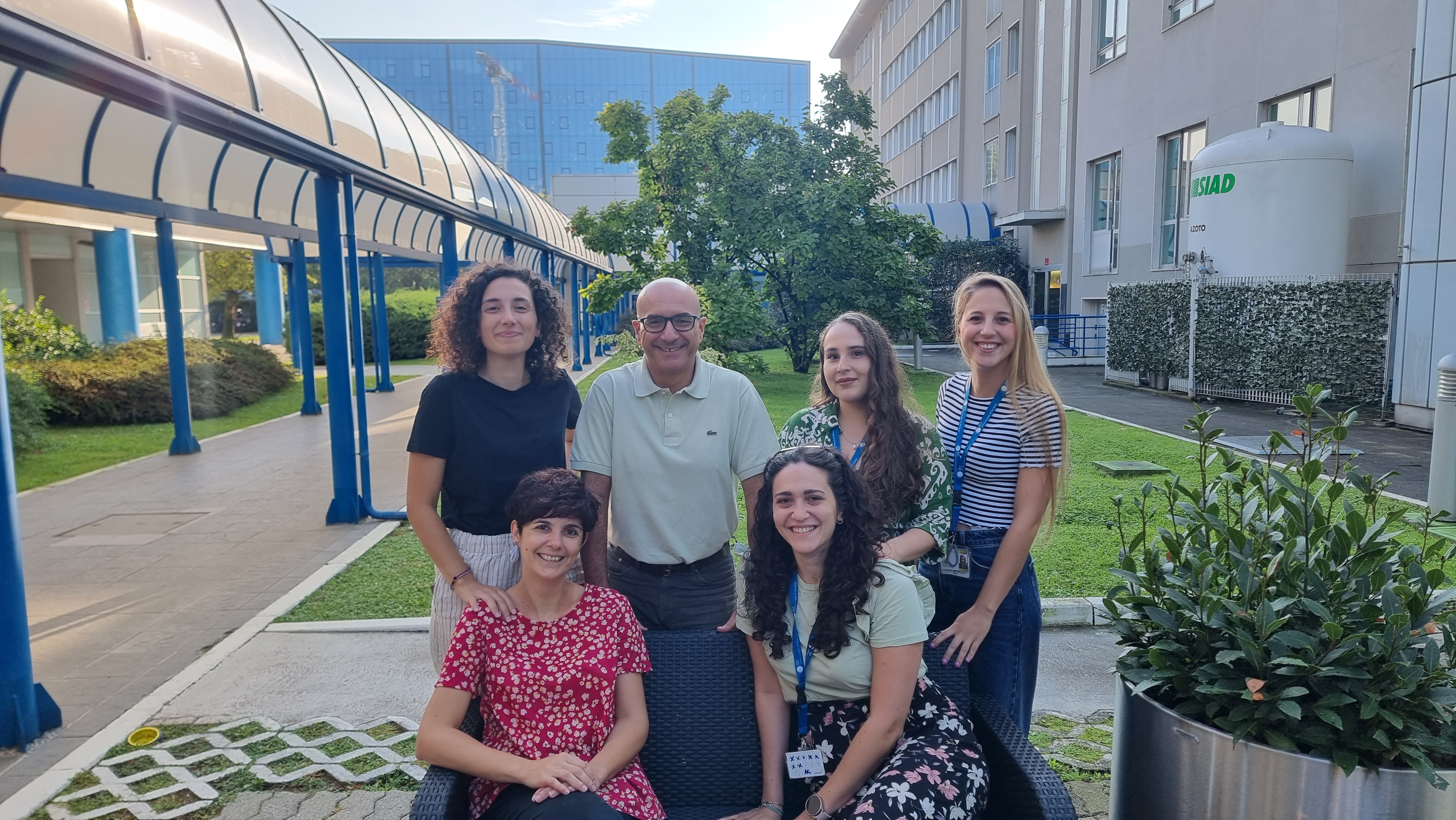
High grade serous ovarian cancer is a highly lethal disease. Indeed, despite treatment, metastatic dissemination, as well as drug resistance and ensuing relapse, result in poor patient prognosis, highlighting the need for new and more effective treatment strategies.
In collaboration with Alberto Ciccia’s team at the Columbia University of New York, and Adekunle Odunsi’s team at the University of Chicago, Ugo Cavallaro, director of the Unit of Gynecological Oncology Research, won a grant from the Ovarian Cancer Research Alliance (OCRA), the largest American charity supporting ovarian cancer research in the world. With a highly selective evaluation process, only the most innovative and promising projects are funded.
By bringing together their complementary expertise, in collaboration with Nicoletta Colombo at IEO, and exploiting state of the art, patient-derived experimental preclinical disease models that take into consideration the tumor microenvironment component, the researchers will unravel the specific mutations affecting the response of ovarian cancer patients to treatment with PARP inhibitors and immune checkpoint inhibitors.
The researchers will explore the effects of a defective DNA damage response -commonly disrupted in ovarian cancer- in patient response to treatment. In particular, by exploiting their recently developed, CRISPR-based high throughput platform, they will screen thousands of mutations in genes involved in DNA damage response and will investigate their impact on cancer cell survival upon treatment with PARP inhibitors and immune checkpoint blockade. Those mutations affecting cancer cell fitness will be further analyzed, in order to assess their impact on genome stability and the potential effects on the activation of an antitumor immune response -through the generation of neoantigens, namely aberrant proteins synthesized by cancer cells due to the gene alterations introduced and the ensuing defective cancer cell ability to repair damaged DNA.
Their results will be finally validated in a clinical context, by verifying the presence of the characterized mutations in patients sensitive or resistant to combined Olaparib, Durvalumab, and Tremelimumab treatment (namely, PARP inhibitors and immune checkpoint blockade).
Mechanisms repairing damaged DNA are frequently defective in ovarian cancer; yet how such alterations have an impact on treatment efficacy is currently unknown. By understanding this mechanistic link, their work will enable to improve the clinical outcome of ovarian cancer patients, by identifying those potentially responding to therapy, as well as to design more effective treatments tailored on the basis of the specific patient genetic profile.